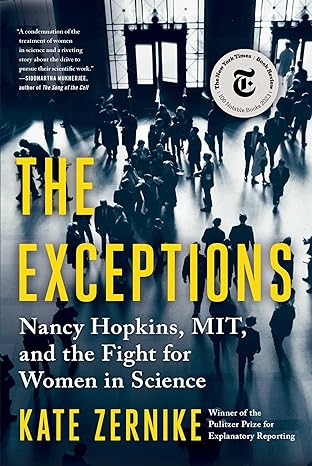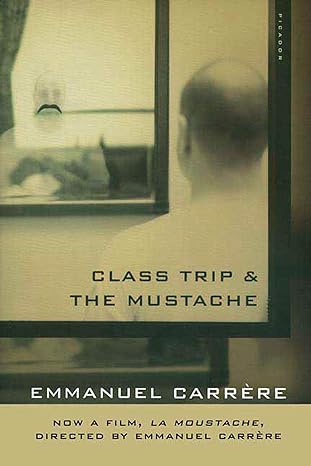An addict of "the new unpleasantness" chronicled in Amis's scathing quartet of novels
spanning from 1984's
Money to 1995's
The Information, I staved off reading
this much–derided 2003 item for twenty years after chortling at Tibor Fischer's snarky dismissal
in
The Daily Telegraph, described by Wikipedia as "one of the most quoted statements
in a book review of modern times": "
Yellow Dog isn't bad as in not very good or
slightly disappointing. It's not–knowing–where–to–look bad. I was reading
my copy on the Tube and I was terrified someone would look over my shoulder (not only because of the
embargo, but because someone might think I was enjoying what was on the page). It's like
your favourite uncle being caught in a school playground, masturbating."
Such
heightened polemic responses sometimes suggest a work of great promise, but after Amis's 2000 memoir
Experience (and, it should be added, September 11th), both his prose and
public persona took a unfathomably dark turn into midlife rancor: misogyny,
Islamaphobia, and bottomless contempt for any knuckle–dragging plebe who jerked off to page three of
The Daily Mirror rather than
Henderson the Rain King.
True, you could see hints of what
was to come in his earlier novels, and as a return to cynical farce this still has an electricity
his later, more "serious" snoozefests
House of Meetings and
The Zone of Interest
do not. Nevertheless, his disdain for humanity was far more attractive when he was younger — like
it or not, this kind of reactionary disgust with a modern world perceived to be de–evolving
morally and intellectually is the emotional context of right wing pearl clutching.
While "horror
day," the apocalypse in the 1989 masterpiece
London Fields, seemed personal, with
Amis's authorial surrogate implicated along with his icky femme fatale and boorish darts champion,
here the agent of destruction, a comet hurtling toward Earth, appears to be sent by an angry universe
to wipe out sexual depravity, which Amis seems to define as anyone whose erotic proclivities extend
beyond three–minute missionary with the missus every other Sunday. Are pedophilia, ephebophilia,
incest, anal sex, facials, and gender noncomformity all equally worthy of appoprobation? Amis
apparently thinks so, which makes me...suspicious.
Granted, sometimes I found myself laughing out loud at
this material despite my disgust with the author's puritanism, as when porn starlet Karla White
details sodomy's increasing acceptance in "the Industry" to tabloid scuzzball Clint Smoker: "The
rallying cry was Pussies are Bullshit...One director said, 'With anal, the actress's
personality comes out'" (a warped insight Amis nicked from John "Buttman" Stagliano in a
notorious piece
he wrote for
The Guardian, but never mind).
Otherwise, the jokes are forced, the
writing overtaxed, and the final forty pages an utter mess. It may be possible to imbue this sort of
bleakly taboo subject matter with humor, but Amis isn't the guy to do it. I mean really, anyone who
thinks texting shorthand signals the demise of the English language is way too fucking uptight —
if I met a woman who used the grapheme neologisms "axiom@ic" and "vener&"
and "ezra £"
in an
iPhone missive, I couldn't send out those eggplant emojis fast enough.
B−
Grade: B−





